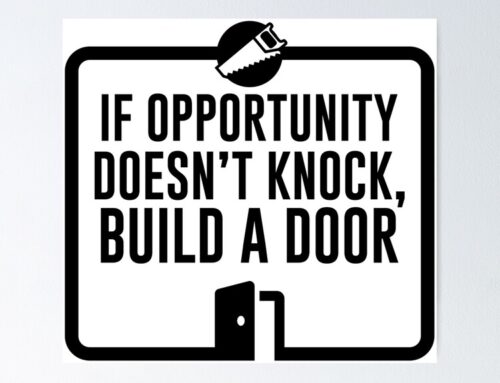5 Time Management Strategies to Defeat Distraction

Hiring is a tough job, involving many moving parts and the need to be responsive to snag top talent. Finding time for basic recruiting and hiring tasks can be a daily struggle. No matter what your role in hiring is, implementing time management strategies is key. In fact, no matter what you do, time management is important!
Most hiring managers already have a challenging job before factoring in tasks such as writing job descriptions, screening resumes and interviewing. If you’re a recruiter, this is your full-time job — bringing with it full-time pressure. It’s a world of reviewing application materials, coordinating schedules and balancing the needs of hiring managers and candidates, all while communicating as quickly as possible.
So, how can those responsible for filling all those open roles reclaim their time so they can do their jobs and find great talent? Here are a few time management strategies to try during the hiring process:
1. Prioritize
Some see prioritization as the foundation of all time management. After all, what’s the point of being efficient if you’re not getting the most important things done?
Instead of trying to tackle everything on your to-do list at once, start by figuring out what’s most important. Consider which items will have the biggest impact, which are most time-sensitive and which can be delegated. Then rank them in order of priority. Then, if you don’t make it through everything in a day, you haven’t inadvertently pushed off the most important tasks until tomorrow.
2. Avoid multitasking
Once you know what’s most important, avoid multitasking — research shows humans aren’t very good at it. Why? Every time you switch tasks — even if it’s just looking up from reviewing a resume to check your email — your brain has to refocus, breaking the extended concentration needed for innovative thinking. And these costs are high: It can take 23 minutes to refocus, resulting in a 40% loss of productivity.
If you’re thinking, “not me —I’m good at multitasking,” think again. Research shows people who think they’re good at multitasking are actually worse at it!
3. Eliminate distractions
Don’t rely on willpower alone to reduce distractions. Research shows that even having your phone within reach reduces cognitive capacity, because of the underlying work your brain has to do to resist grabbing it.
Put your phone far away and turn off as many additional distractions as possible, such as email notifications and multiple open screens, to focus on the task at hand.
4. Set boundaries
Even though the hiring process demands a high level of communication, that doesn’t mean you need to be reachable 24 hours a day or respond to requests within minutes. Setting boundaries about when you can be contacted and managing expectations for response times (e.g., within a day) will make both you and others feel less frantic.
Email, in particular, is so persistent, it’s worth setting time aside to be free from it. Some experts even suggest sticking to a strict email-checking schedule of a few times per day.
5. Do the hardest tasks when you feel the best
Research shows that for most people, morning is the ideal time to take on challenging tasks, so try to stick to this schedule. More of an afternoon person? Plan to tackle difficult things during this time.
Do tasks that require lower engagement during your “off times,” and consider scheduling meetings then, too. Save your golden focus time for the most important work.
The nature of hiring is complex, with lots of moving parts and back-and-forth communication. It’s not likely to get easier anytime soon, but with the right time management strategies, you can get important things done and hire top talent faster. And at the end of the day, isn’t that what we all want?
Article by Man’s Life

206-391-5682
i2i@i2idirectmarketing.com
www.i2idirectmarketing.com
“…all deliveries GPS tracked…”




